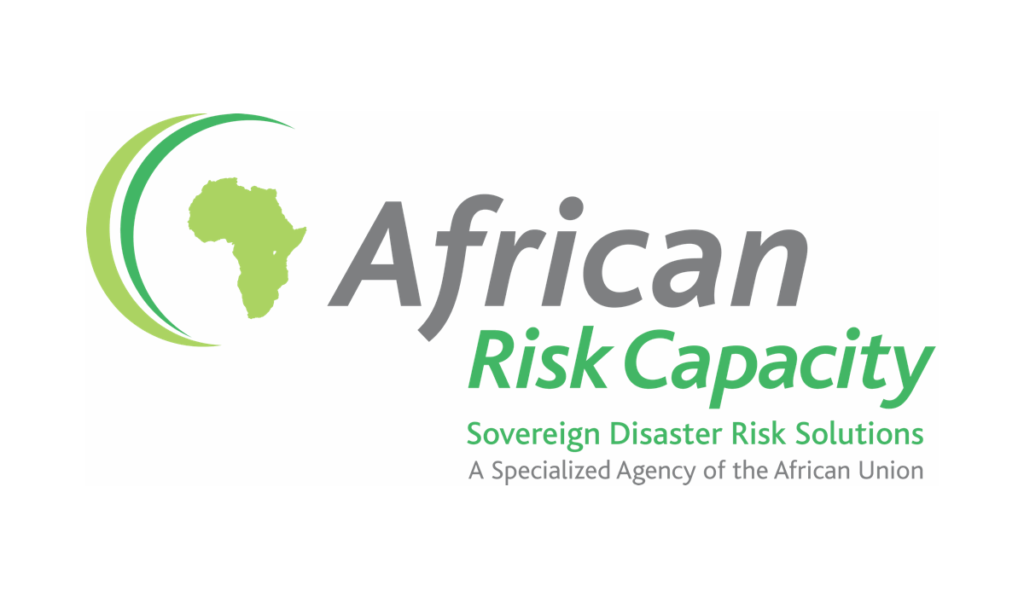ARC parametric triggers integrated with World Bank social protection in Malawi

The African Risk Capacity (ARC) has designed a parametric risk transfer solution that will be integrated with a World Bank designed social protection program for Malawi, to provide emergency financing in response to drought conditions in the country.
As disaster risk finance and social protection increasingly converge, the solutions being created are a more responsive form of protection for the people most exposed to life and livelihood impacts from climate related catastrophe events.
In this case, ARC Ltd., the African Risk Capacity parametric insurer, has partnered with the Malawi Government, to scale up the World Bank’s Social Support for Resilient Livelihoods Project using innovative parametric and responsive insurance.
The move reinforces Malawi’s Social Cash Transfer Programme, with the goal of financially protecting additional vulnerable households in drought-prone areas.
The parametric risk transfer instrument is designed to afford additional liquidity to the program, to enable better response to future droughts.
It’s part of an upscaling and risk-layering approach that is being taken to protect additional vulnerable households against climatic shocks, while ensuring that funding comes through earlier and access to cash is more rapid.
Currently, the Social Cash Transfer Programme (SCTP) covers six districts in Malawi, but the government aims to expand it nationally in time.
There is also an aim to make it respond to a broader range of climate risks and use more sources of financing.
The parametric insurance product underwritten by ARC will be used to partly cover the costs of scaling up the SCTP for the 2023/24 and 2024/25 agricultural seasons, should rainfall deficits occur.
It will also be implemented alongside a flexible contingency financing product, that can act as a deductible to the insurance product, which is being funded by the World Bank and the Global Shield Financing Facility.
“In the event of a disaster, the immediate reaction among individuals is to engage in negative coping behaviours to survive, such as selling assets like their livestock. This results in increased poverty,” explained Scalable Component Co-ordinator at the Malawi National Local Government Finance Committee, Mulder Mkutumula.
Connecting Malawi’s social protection system to responsive disaster risk financing instruments, has developed “a shock-responsive mechanism that scales up the early cash-transfer response to additional vulnerable households when rainfall levels and food insecurity indicate drought conditions,” the parties involved explained.
“Providing the very poor households with resources before the impact of a drought is felt, helps prevent negative coping behaviours,” Mkutumula said.
“The World Bank sees Shock Responsive Social Protection mechanisms as key to ensuring that financial support quickly reaches vulnerable households after a shock. Demonstrating how this can work is a vital contribution to investments in human capital resilience, investments that are so necessary as shocks become more frequent and potentially harmful. With the support of the Global Shield – Financing Facility, the government has combined social protection delivery mechanisms with a financing plan, which the risk transfer policy is one part of. We expect to learn a lot from the mechanism being implemented in Malawi,” added Practice Manager for Social Protection and Jobs for East Africa at the World Bank, Robert Chase.
“ARC Ltd. and the Government of Malawi designed the insurance product so that it is aligned with country’s existing triggers for the SCTP scale-up mechanism. This is a ground-breaking innovation for ARC,” explained Head of Business Development David Maslo. He adds that the development of insurance products for social protection is growing in Africa, fuelled by a great need. “This new product is a step in the right direction towards managing the impact of climate change in Africa so that all those impacted will be assisted. It is a model to replicate throughout the continent.
“The structure of the policy is such that the Malawi Government retains some of the risk through their contingency fund. It also enables the triggering of the insurance product for more severe droughts and increases the overall coverage and value proposition. In this way, diverse financial instruments are used appropriately and optimised to enhance the disaster risk financing strategy of the government.
“This is also complemented by the ARC Sovereign insurance policy, which covers some of the other response costs incurred by the government in the event of a severe drought. With our deep understanding of disaster risk financing, we continue to assist our member states, such as Malawi, to diversify their DRF portfolio with a range of products that are fit for purpose. We are also delighted to simultaneously be growing our partnership with the World Bank.”
ARC Ltd. CEO Lesley Ndlovu also said, “This innovation follows shortly on the heels of our pioneering multi-year, multi-peril product designed for Djibouti, which saw us covering excess precipitation for the first time in our history. In Malawi, we have demonstrated once again the company’s inherent agility and flexibility in being able to underwrite a policy on a new product and a new set of indices.”
The integration of social protection and responsive disaster risk financing can deliver the necessary funding in a much more efficient manner, while allowing governments to hedge some of the exposure associated with rolling out these programs, enabling much faster scaling of them.






